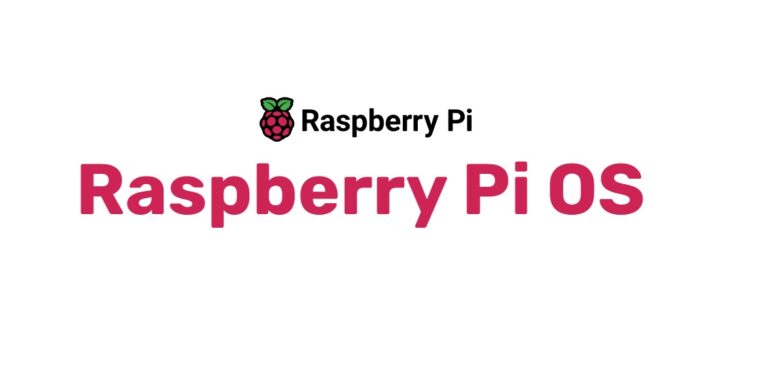Metaverse, the evolved phase of cyberspace, could generate $5 Trillion by 2030, according to a report by McKinsey & Co. The financial benefits of applying the metaverse in many industry verticals have already become too obvious to ignore.
Many startups and technology giants, from Microsoft to Meta, are investing considerable resources to be the front runners to the new technology horizon.
Before we discuss why metaverse needs to be cloud-native, let us look at three crucial components- metaverse, cloud, and interoperability.
What Is Metaverse?

Image credits: mckinsey
Metaverse is a portmanteau word- comprised of ‘meta,’ meaning ‘beyond,’ and verse, meaning the universe.
Technology companies use the term to suggest the extension of our real world by the application of Augmented Reality (AR), Virtual Reality (VR), combined with the cutting-edge capability of Artificial Intelligence (AI) and Machine Learning (ML).
In short, a metaverse is a technological tool for seamlessly mixing the real world with the virtual.
Metaverse has immense potential to change the user experience in several industries, like eCommerce, education and e-learning, health, virtual tourism, skill development, etc.
Also read: 10 Most Popular Online Games In The World
What Is Cloud Computing?
Cloud Computing is the delivery of computing services over the internet. It eliminates the multiple business requirements like establishing data storage, building networks, and servers, creating software, and gathering analytics.
Organizations prefer cloud computing as it is flexible, requires fewer resources, offers innovation, and scales faster than traditional computing methods.
What Does Cloud Native Mean?
The term ‘cloud native’ suggests leveraging cloud computing services’ flexibility, scale, and resilience to make and use a wide range of applications.
Being cloud native means developers can build tools that create high-impact changes. The capability to meet several unforeseen situational demands makes the cloud-native approach quite effective.
What Is Interoperability?
The concept of interoperability suggests the ability of users of different virtual platforms to interact with each other and pass information. It allows seamless communication and sharing of data and content.
Interoperability is a crucial feature of the metaverse. Here is why-
- A user can directly interact and communicate with a large number of people who are present on different platforms.
- It promotes a better user experience and more opportunities to explore the different metaverse platforms.
- Interoperability increases cohesion and reduces the entry barrier, as beginners can choose any platform without being restricted from using another.
Lack of interoperability would severely impact the interconnectedness of the metaverse and restrict free navigation.
Why Should Metaverse Opt For Cloud Computing?
Here are some crucial factors underlining the benefits of cloud-based metaverse systems.
1) Sustains Performance Demands
Metaverse’s specific detailing and performance-based virtual reality demand massive storage and high-powered processing capabilities. Cloud computing could help the metaverse platforms to build a cost-effective and sustainable business model.
2) Easy Access
Cloud computing is more accessible for metaverse builders as it supports pay-as-you-go models and flexible, demand-driven computing and storage.
3) Fast Data Sharing
Cloud also offers fast data sharing between users and applications. As metaverse relies heavily on real-time communication and data sharing, being cloud-native could help it overcome hardware hurdles and convert more users.
4) Experienced Ecosystem
Cloud-based computing is widely used to meet several needs of Virtual reality systems. It has the means and the experience required to satisfy the technical requirements of the metaverse.
Infostor.com(c).

